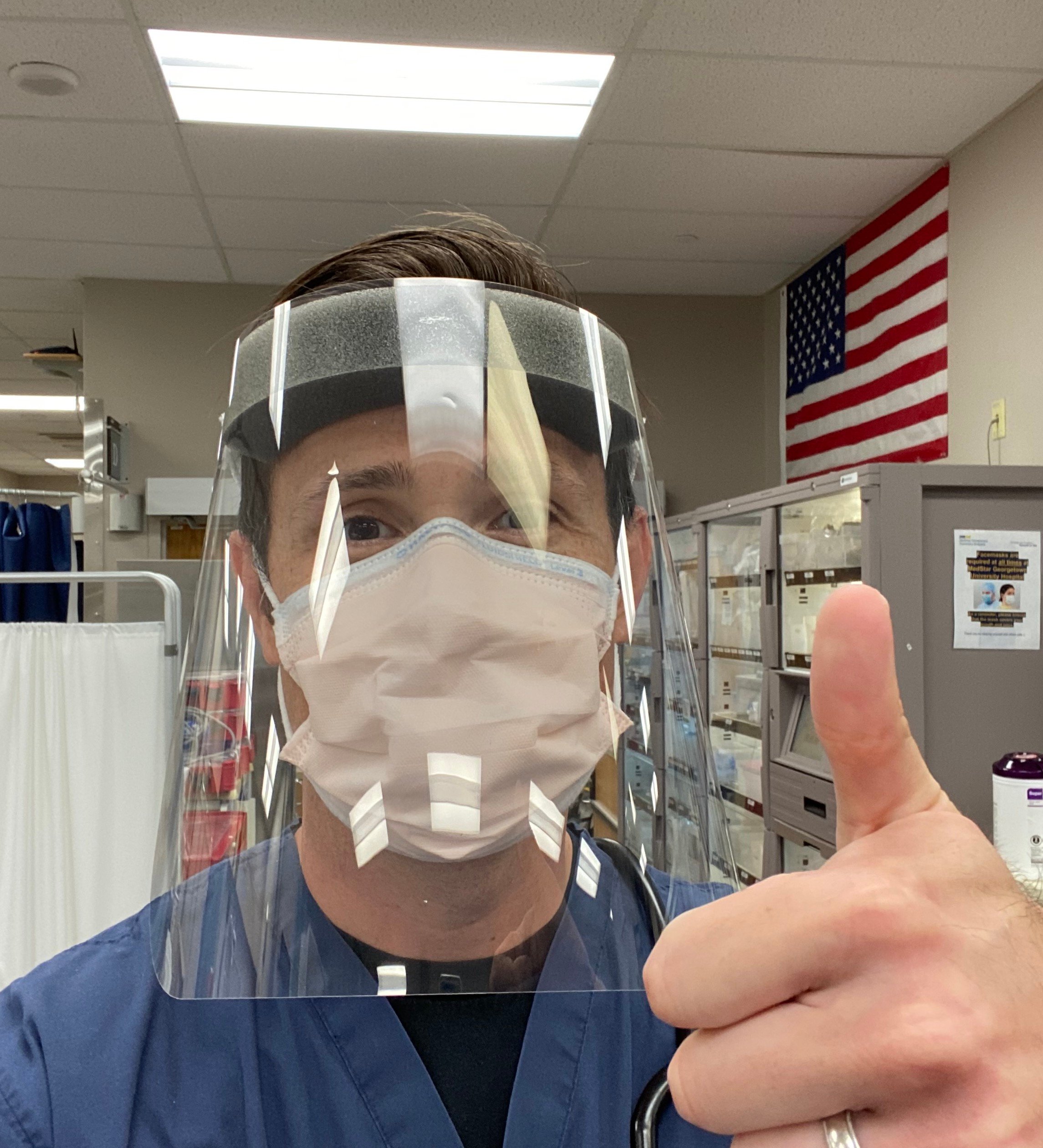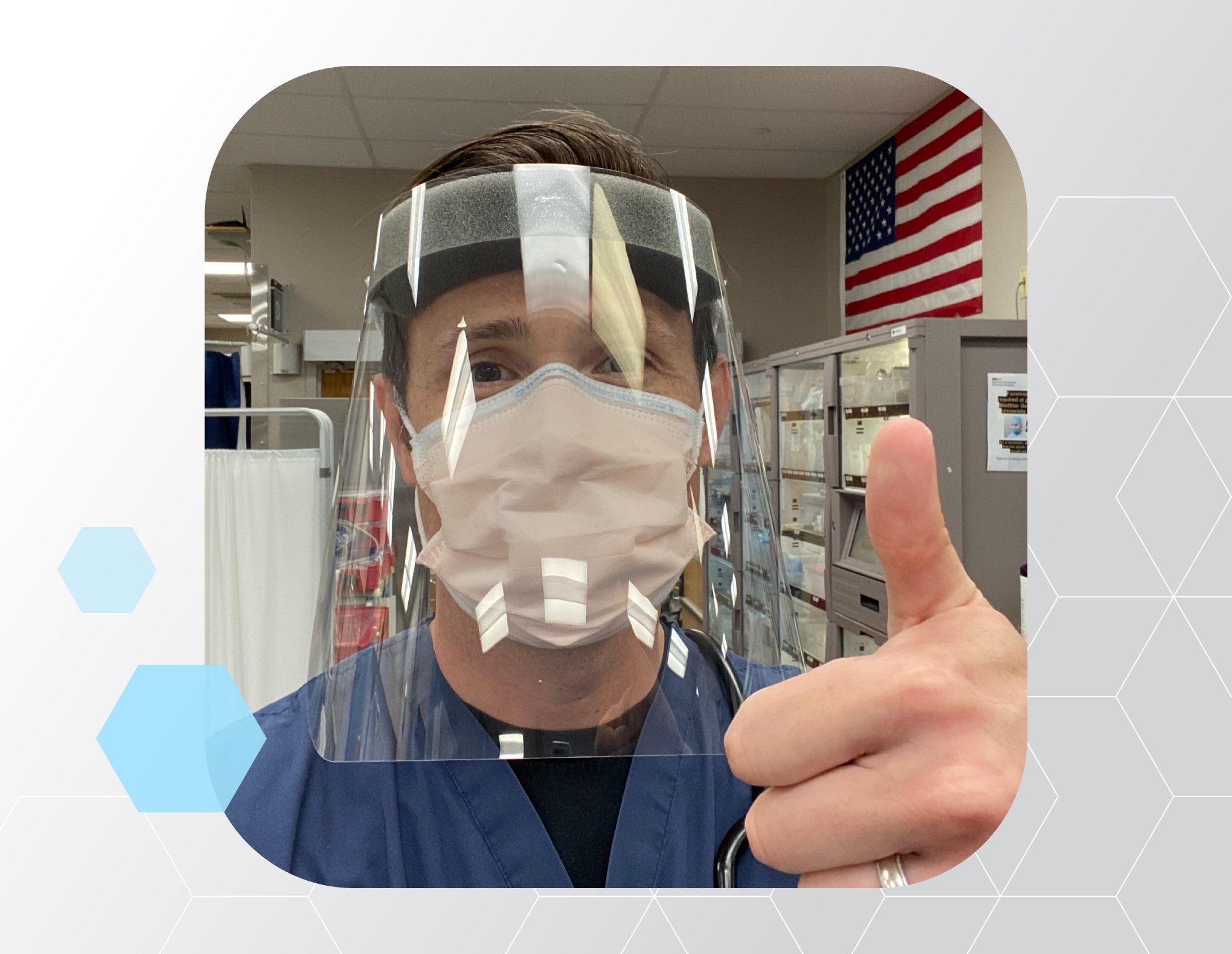 Bolstered by incredible progress in the fight against COVID-19, the biopharmaceutical industry continues to work around the clock to research, develop and manufacture vaccines and therapeutics to prevent and treat infection. COVID-19 vaccines have been credited with the steep decline in cases nationwide, but with cases again rising and a new threat from the highly contagious Delta-variant, it’s more important than ever that we continue to educate about getting vaccinated. In fact, if there is someone in your life who is not yet fully vaccinated, now is the time to pull out all the stops and encourage them to do so – it could save their life.
Bolstered by incredible progress in the fight against COVID-19, the biopharmaceutical industry continues to work around the clock to research, develop and manufacture vaccines and therapeutics to prevent and treat infection. COVID-19 vaccines have been credited with the steep decline in cases nationwide, but with cases again rising and a new threat from the highly contagious Delta-variant, it’s more important than ever that we continue to educate about getting vaccinated. In fact, if there is someone in your life who is not yet fully vaccinated, now is the time to pull out all the stops and encourage them to do so – it could save their life.
The risk of remaining unvaccinated couldn’t be more dire. Nearly all people entering hospitals now because of COVID-19 are unvaccinated – a staggering 97% of new COVID-19 admittees. I would know, I’m an emergency physician. I went almost two months seeing patients in the emergency department without a single case of COVID-19, and then what seems like suddenly, I started seeing more and more unvaccinated individuals coming in with symptoms and testing positive. We’ve heard about it on the news and are starting to see it in communities across the country.
Remaining unvaccinated not only puts yourself at risk, but in our highly interconnected world, it also puts young children under the age of 12 at risk, because they are not yet eligible to receive the vaccine. It also puts individuals who are immunocompromised at risk because they may not be able to mount the same immune response as an otherwise healthy individual. We all must do our part to keep our communities safe, and getting vaccinated is the best protection against COVID-19.
Here are some common concerns and misconceptions about the vaccine that are dissuading people from getting the shot. We’re setting the record straight.
- What is an emergency use authorization and can I be confident its standards are robust?
- Emergency use authorizations (EUAs) are used in certain emergency situations, like the COVID-19 public health emergency. They may only be issued if, among other things, FDA determines that there is no adequate, approved and available alternative to the EUA product. EUAs are used to facilitate access to medical interventions, such as vaccines.
- While an EUA is different than the FDA approval of a vaccine, safety standards for all COVID-19 vaccines are robust and no corners have been cut along the way. The FDA has issued guidance specifically on EUAs for COVID-19 vaccines that brings greater scientific transparency to the review process.
- At this point, billions of people around the world have been protected from COVID-19 because of vaccines.
- Were the COVID-19 vaccines studied carefully?
- Patient safety is at the heart of COVID-19 vaccine R&D. COVID-19 studies are subject to the same requirements, including safety monitoring, as all drug clinical trials. Researchers closely monitor data throughout the clinical trial and the FDA reviews these data as part of its assessment of the benefit/risk profile of the vaccine – I know this personally, because I participated in a COVID-19 vaccine clinical trial!
- COVID-19 clinical trials included large 30,000+ groups of individuals, including myself, with diverse representation and in November 2020, PhRMA member companies launched the first-ever industry-wide principles on clinical trial diversity to build on our commitment to earn trust and address the systemic issues that deter Black and Brown communities from participating in clinical trials, so that people who want to participate, can.
- Safety monitoring of COVID-19 vaccines continues after FDA emergency use authorization and approval: Once a vaccine candidate receives an EUA or approval from the FDA, biopharmaceutical companies and the Agency continue monitoring product safety through various means, including surveillance and assessment of reported or observed adverse events.
- Millions of people have taken the vaccines with very few side effects. The benefits of the vaccines continue to immensely outweigh the risks.
- How is the industry dealing with variants?
- Companies continue clinical research to assess whether modifications or boosters are warranted to existing vaccines to address emerging variants, although we also know that the currently authorized vaccines provide protection against all of the currently known circulating variants.
- At this time, the CDC currently does not recommend a booster shot of COVID-19 vaccines, but that question is being carefully studied by biopharmaceutical companies working closely with regulators.
- And if the situation changes, the biopharmaceutical industry is ready. Companies are advancing the science with regard to both boosters and variants.
- What is an mRNA vaccine?
- mRNA vaccines provide the blueprint that teaches our cells how to make a protein (in the case of COVID-19, the spike protein on the outside of the virus) that then prompts an immune response inside our bodies. It prepares our body in the case that we one day come across SARS-CoV-2 and prevents us from getting sick.
- mRNA vaccines are not made from viruses and they contain no viral derived components. Thus, they cannot infect or “shed” the virus to another person. In other words, you cannot get COVID-19 from an mRNA vaccine or any other authorized vaccine.
America’s biopharmaceutical companies responded to a once in a century pandemic by delivering safe and effective COVID-19 vaccines and treatments to patients in record time. COVID-19 vaccines leverage new platform technologies and scientific advancements, which have transformed how we fight infectious disease.
But our work isn’t done, and we need your help. If you are eligible and able, please get vaccinated. If you know someone who isn’t vaccinated, ask them if they have any questions or if you can help. Now is the time: do it for yourself and for your community. To learn more, visit phrma.org/coronavirus.



 Bolstered by incredible progress in the fight against COVID-19, the biopharmaceutical industry continues to
Bolstered by incredible progress in the fight against COVID-19, the biopharmaceutical industry continues to 